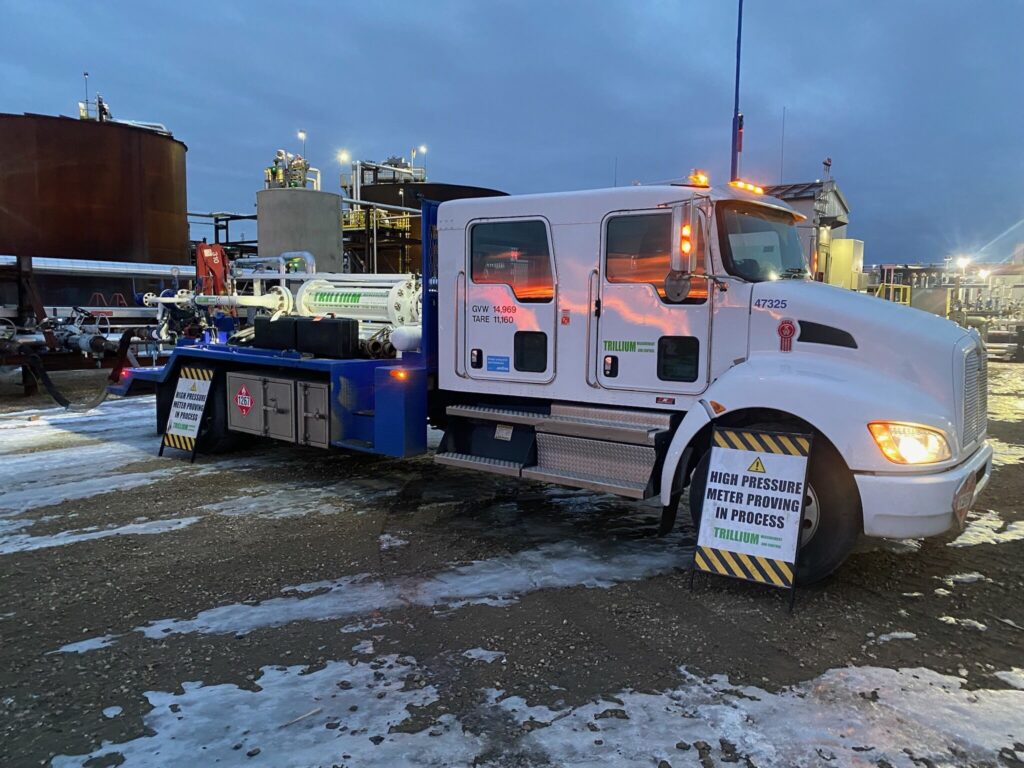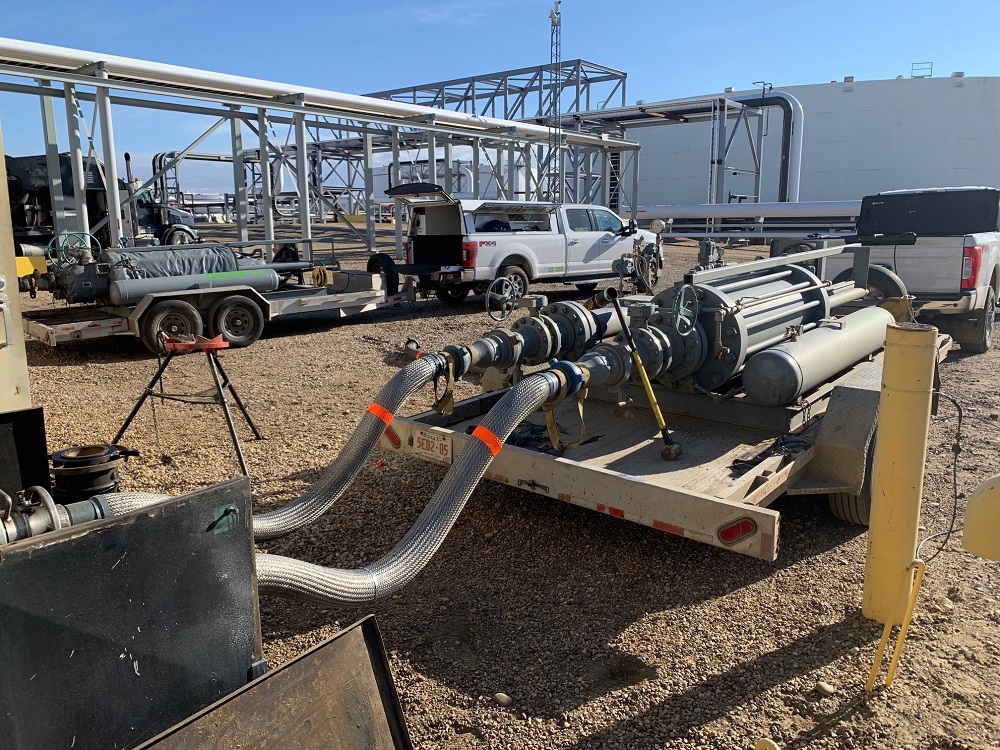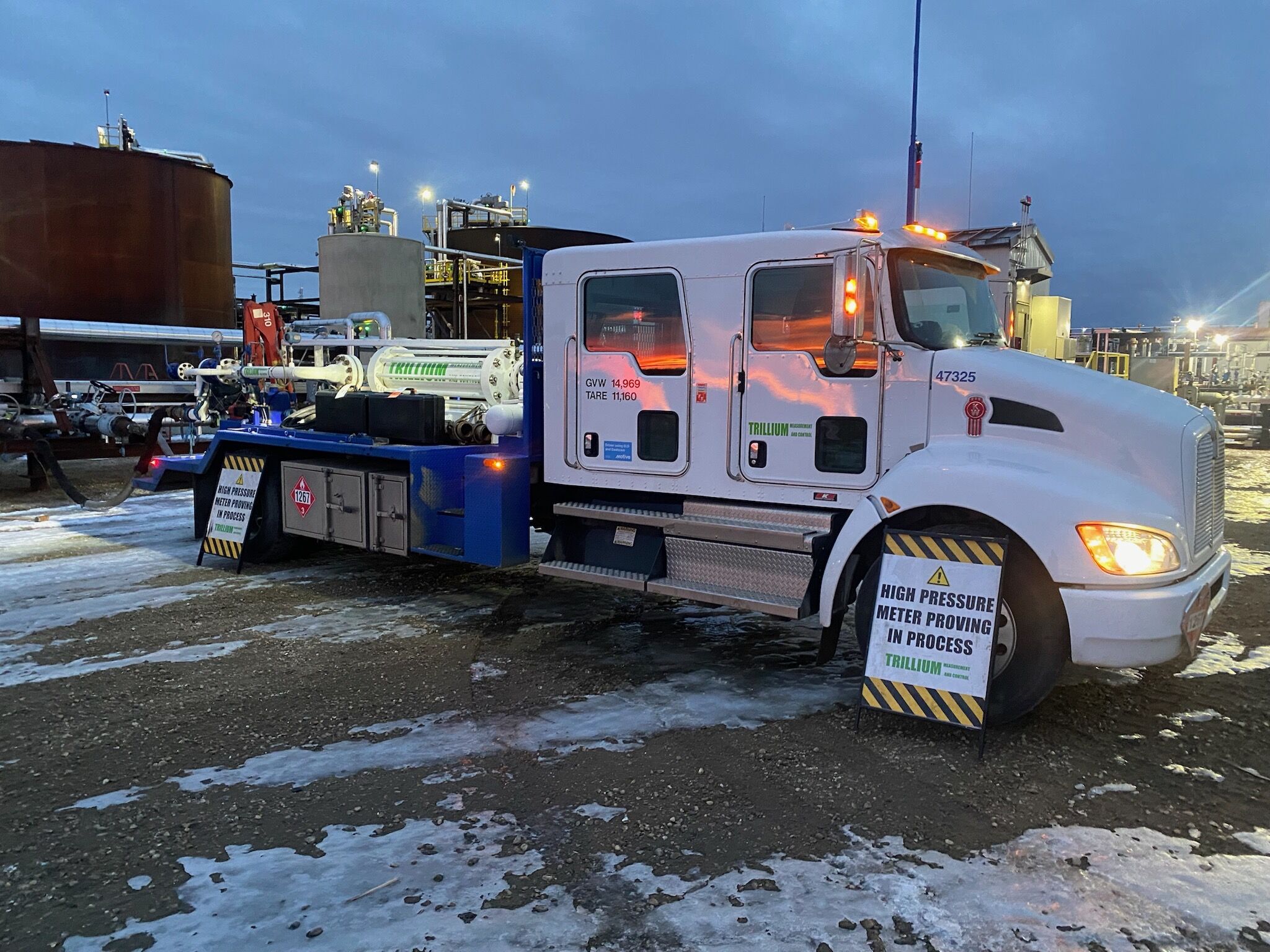In high-value industrial sectors like oil & gas, petrochemicals, and refined products, accurate flow measurement is non-negotiable. Small errors can mean big losses. That’s why meter proving is essential—especially when it comes to custody transfer.
In this guide, we’ll explain what meter proving is, how it works, and why it’s crucial for accurate, compliant custody transfer operations.
📑Table of Contents
What Is Meter Proving
Meter proving is the process of verifying and adjusting a flow meter’s accuracy by comparing its readings to a known standard—typically a displacement or master meter prover that’s traceable to national standards like NIST or Measurement Canada.
Think of it as a “calibration check” under live process conditions, where the meter is flowing actual product at normal rates.

Why Is Meter Proving Important?
Custody transfer is the point at which ownership—and money—changes hands. Whether you’re dealing with crude oil, refined fuels, or chemicals, accurate measurement = accurate billing.
5 Key Reasons Meter Proving Matters:
Accuracy: Confirms your meter is within accepted tolerance.
Compliance: Meets regulations such as API MPMS Ch. 4 and Measurement Canada.
Dispute Avoidance: Reduces disagreements between buyers and sellers.
Cost Control: Prevents product loss due to inaccurate readings.
Operational Confidence: Increases trust in your measurement systems.
🔁 How Often Should You Prove Your Meter?
The frequency depends on:
Meter type (Turbine, PD, Coriolis, etc.)
Volume of flow
Product being measured
Regulatory requirements
A common rule: monthly or quarterly proving for custody transfer meters, especially for crude oil or NGLs. Meters should also be proved after:
Maintenance or repair
Changes in product type
Suspicious performance (drift or sudden flow changes)

🔍 Field vs Lab Proving
Field proving is performed directly onsite and is ideal for large flow meters or systems where minimizing downtime is critical. It typically uses portable prover units and is best suited when the meter is fixed in place within the process system.
Lab proving, on the other hand, takes place in a controlled laboratory environment. This method is typically used for smaller or high-accuracy instruments and involves the use of bench calibration rigs. It’s most appropriate when the meter is removable or being tested prior to installation.
Trillium Measurement and Control offers both onsite field proving and lab-based calibration services across Canada, ensuring flexibility and accuracy for a wide range of applications.
Trillium’s Meter Proving Services
We provide certified meter proving services for:
Turbine, PD, and Coriolis flow meters
Crude oil, diesel, NGLs, and condensate
Pipeline terminals, truck/rail loading, refineries

What You Get with Trillium Proving
Detailed calibration certificates
-
Measurement Canada traceability
-
API-compliant test procedures
-
Onsite support and troubleshooting
-
Data logging and integration options
Need Accurate Meter Proving for Custody Transfer?
Here’s how to get started:
1. Tell us your proving requirements
2. Get a quote within 1 business day
3. Schedule field or lab service across Canada
👉 Contact us today to request a quote.



